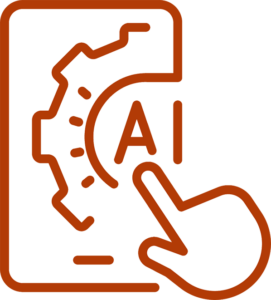
Olofsson S, Rosén Klement M, Persson U
The societal cost savings and health-related quality of life gains associated with a digital tool for self-management of chronic pain (PainDrainer™) – A feasibility study
Chronic pain is pain that carries on for longer than 12 weeks despite medication or treatment. The condition is common, affecting around 1 in 5 people. The AI-powered digital tool PainDrainer™ allows for individualized coaching to manage and control chronic pain. The objective of this study is to estimate the societal gains, in terms of health gain, production gain and health care cost savings, associated with the use of PainDrainer™.
The health gain associated with PainDrainer™ was estimated using PROMIS® (Patient-Reported Outcomes Measurement Information System) data reported from the multicentre clinical trial, translated to preference-based quality-of-life weights, using two different available value sets. The productivity gain associated with PainDrainer™ was estimated using data on daily capacity to work reported in the clinical trial and values derived based on the human capital approach. The health care cost savings was estimated using published literature and assumptions, based on changes in treatment and medication reported in the clinical trial.
The total societal gain was estimated to around $8,700 per patient and year, consisting of a monetized health gain ($4,550 per patient and year), production gain ($3,370 per patient and year), and healthcare cost savings ($797 per patient and year). Future research, e.g., long-term follow-up, is needed to get a better understanding of the impact on healthcare resource use and production gain (including presenteeism).
For more information, please contact Sara Olofsson
IHE REPORT 2023:8, IHE: Lund
